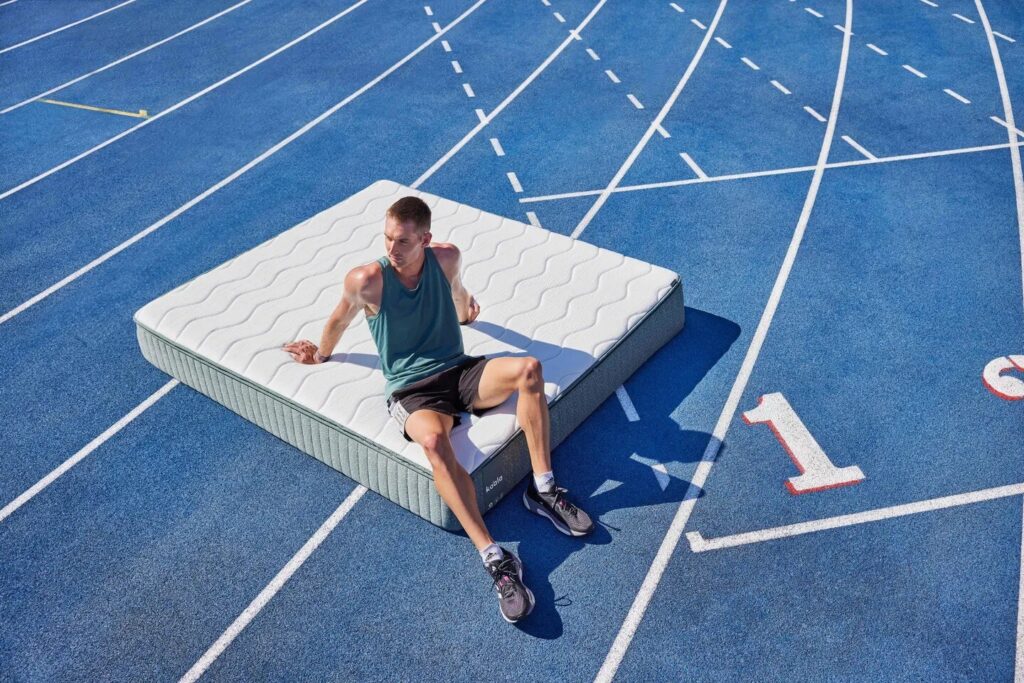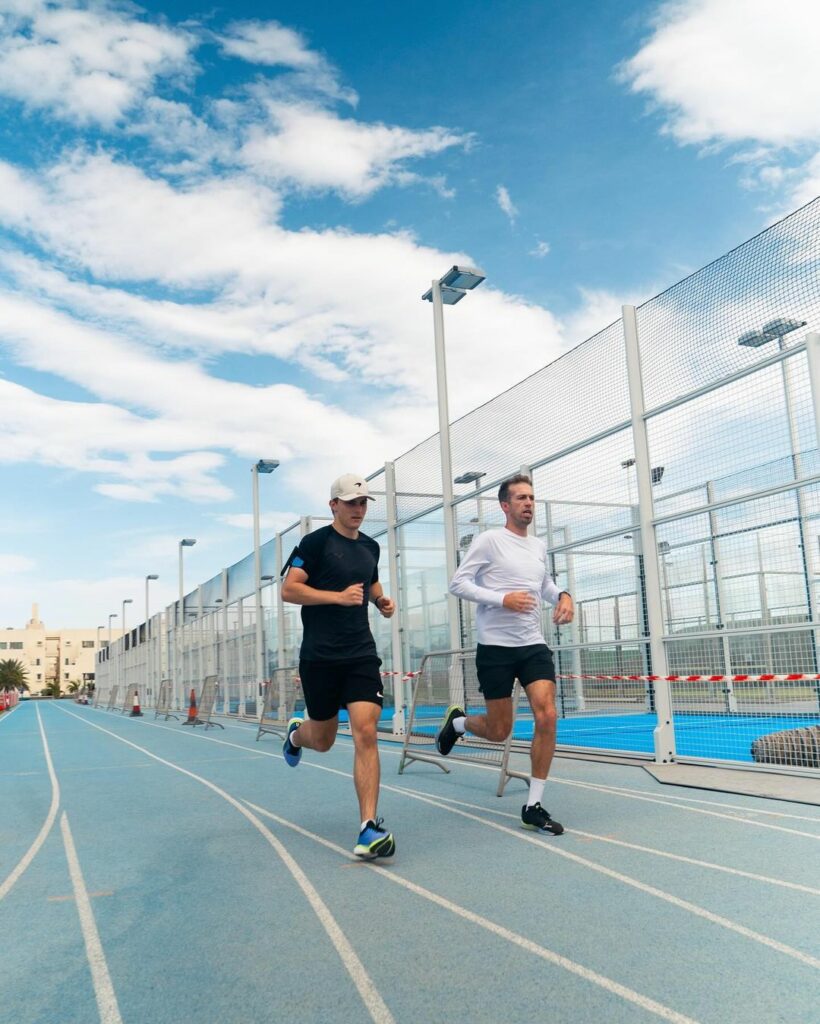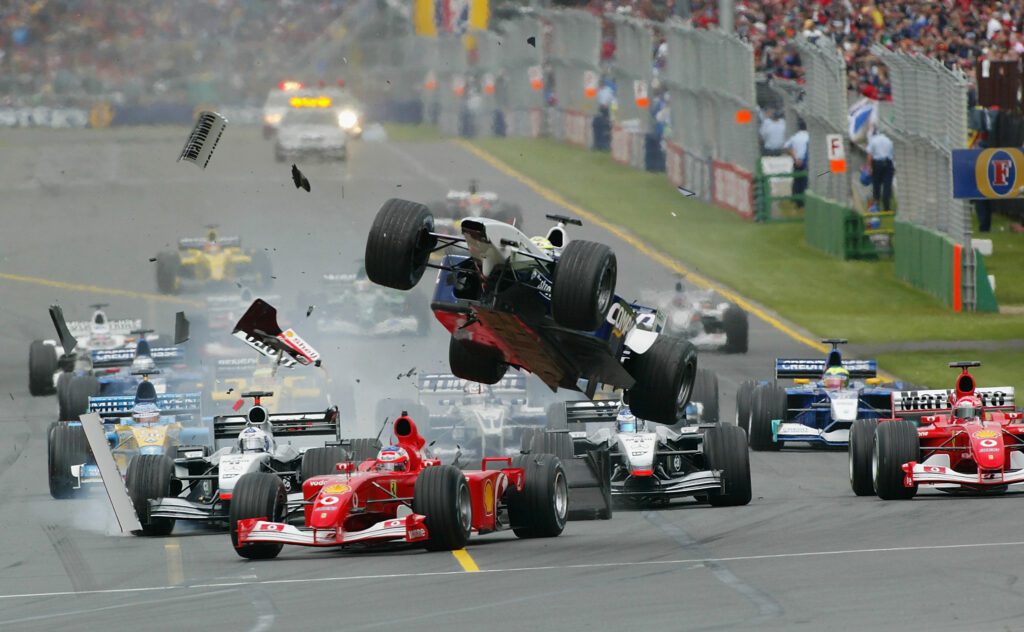While Dylan Alcott’s bid for a sixteenth Grand Slam singles titles came to an end at the 2022 Australian Open, it hasn’t stopped the tennis star and newly-crowned Australian of the Year from using his voice for change. Bringing awareness to those living with disability and championing greater representation and equal opportunities has been a commitment of Alcott’s for years and now, he’s opening up about the prize money disparity between able-bodied tennis players and those with disabilities.
In a recent press conference, Alcott spoke out about disparity at the Australian Open. When asked about who would be taking up his mantle now that he’s retiring from tennis, Alcott responded with several names, including his doubles partner Heath Davidson. He then went on to emphasise the need for better prize money, showcasing just how little the disabled athletes are paid in comparison to their able-bodied colleagues.
“Up the prize money everywhere, because I won the lead-in tournament here and it was $1,300 bucks. How much is a flight from Europe? Three-grand? And that’s not just in Australia, that’s all around the world,” said Alcott. “We don’t get three and a half million dollars for winning, we get less than half of what the first-round loser of the able-bodied gets at all slams.”
The reason we do what we do. Bigger than tennis ❤️???????? #AusOpen pic.twitter.com/y9U67vmSVC
— Dylan Alcott (@DylanAlcott) January 24, 2022
At the Australian Open, able-bodied players who are eliminated in the first round receive $103,000. To put things in perspective, the winner of the disabled grand slam is reportedly expected to pocket just $50,000, while the winner of the Australian Open able-bodied singles campaign takes home around $2.8 million.
While Alcott recognised that the prize money for disabled tournaments is better than it once was, there’s still a long way to go to see these athletes receive the payment they deserve. “You used to get a firm handshake and a cold Powerade. So, it’s better. But we gotta keep building it so it gets better and better,” he said.
“People think we’re lucky to be here – get stuffed. We deserve to be here. We’re selling tickets, sponsors are making money, and people are loving it. So, start thinking like that and then it will all change. That’s what I was lucky enough to do.”
Alcott has certainly done a lot for the sport of tennis, elevating the status of wheelchair tennis to make it not merely something supplementary to the able-bodied Grand Slam, but rather a discipline that demands viewing in its own right. Wheelchair tennis draws crowds to the stadium and demands the prime spot on free-to-air television to reflect the growing demand for its viewing. It’s only right then, that the athletes are paid accordingly and when it comes to equity in pay with able-bodied stars, there’s a long way to go.















